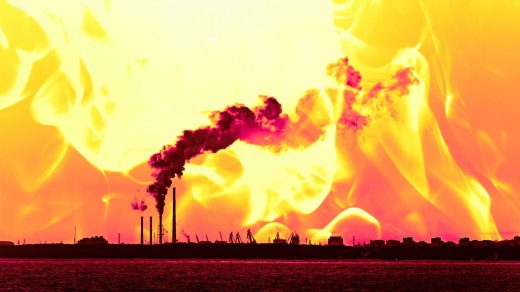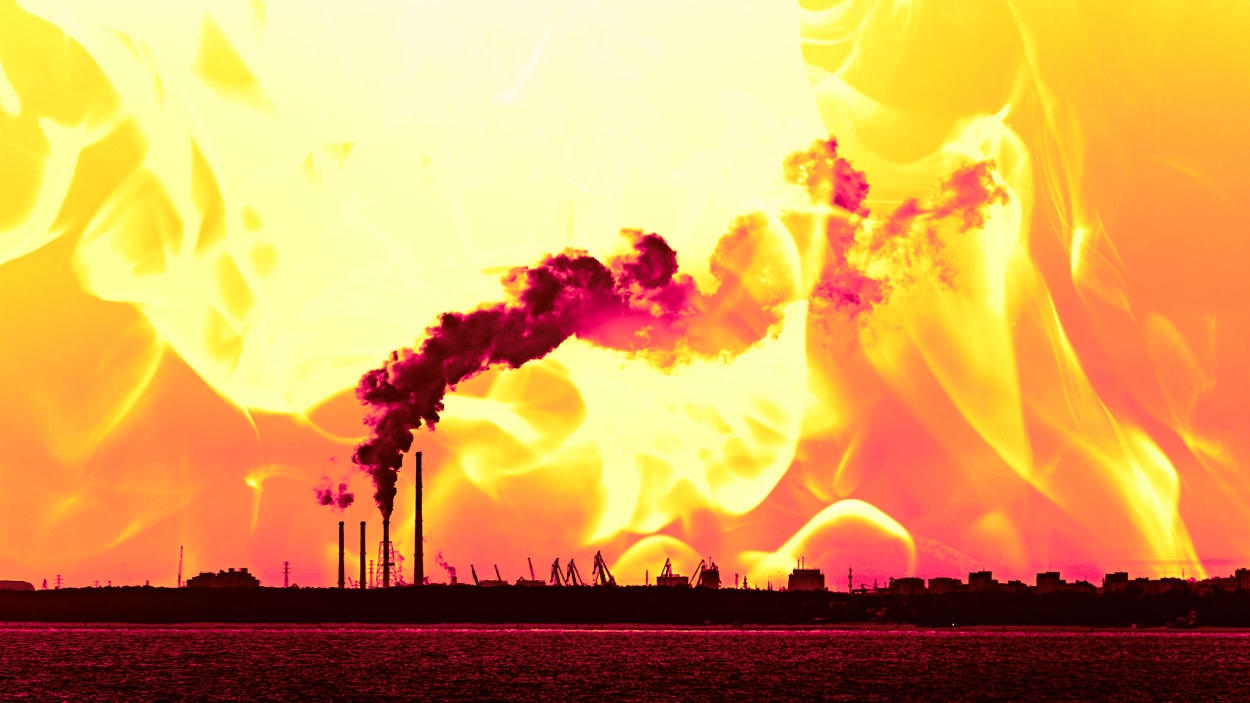July’s deadly heat waves were made 1,000 times more likely by climate change: scientists
The record heat throughout July that scorched the American South, Europe near the Mediterranean, and parts of Mexico would have been “virtually impossible” on a planet without human-made climate change, according to new research published Tuesday.
Scientists say global average surface temperatures have reached all-time highs in July—a month experts believe probably gets the prize for the highest levels recorded on Earth for at least 125,000 years. The new research comes from World Weather Attribution, an international organization that tracks the impact of climate change on extreme weather; it looked at the heat waves that have cooked large swaths of the Northern Hemisphere for three to four weeks now, triggering hazardous wildfires, destroying lots of crops, and taking human lives on three continents.
The authors worked quickly over the past week, amassing temperature records and comparing them to historic weather data and models on past, current, and future climate. The results weren’t peer-reviewed—that would be a feat in one week—but the findings come from using over a dozen standardized models to plot temperatures alongside projections of how scientists believe the weather would behave absent the current human-made conditions.
The data is dire: Record highs were set in July in the U.S., Europe, and parts of Asia. Intense temperatures don’t merely threaten public health, but also pose great economic risks and require even greater energy resources to counter.
Here are a few examples of recent extreme weather events:
What’s next?
As a weather event, heat waves are occurring more frequently. The World Weather Attribution paper attempts to put the increase into perspective. The authors write that “without climate change it would have been virtually impossible” for so many temperatures to get so hot in July.
Models put the odds of China experiencing the past month’s heat levels at once per 250 years, but based on their calculations, there’s a 1-in-5 chance it happens again next year.
For North America, they say the odds of July’s heat waves reoccurring are one in 15, and for Europe it’s one in 10. Not every year at least, but these probabilities are still “at least 1,000” times more likely than they’d be without human-caused climate change, the scientists say.
(15)



